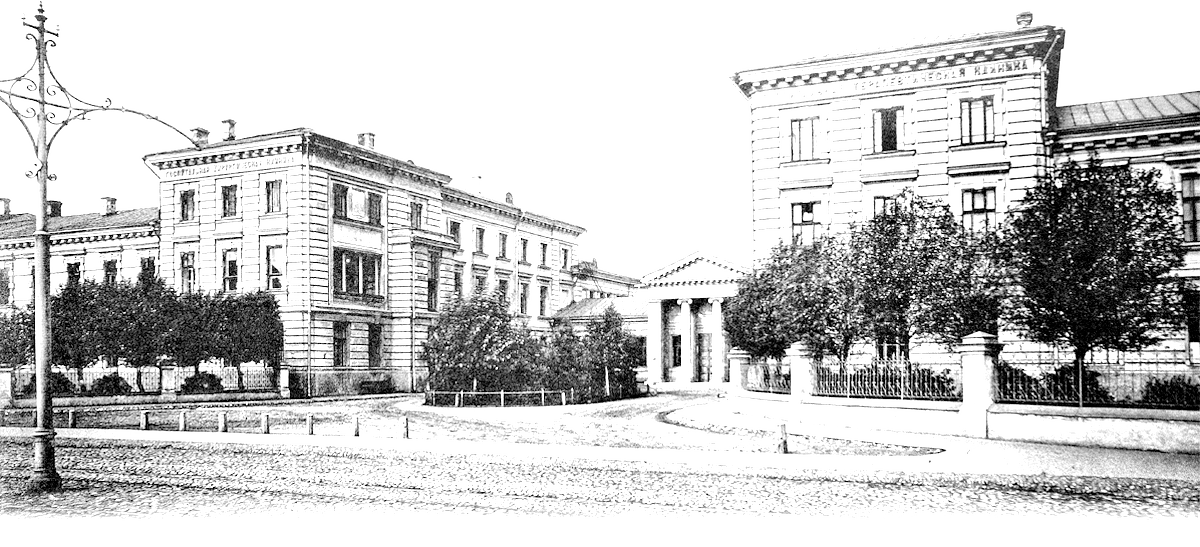Modern treatment protocols
- Details
- Published: 11 November 2018
“The most beautiful aim of surgery is not to separate and remove parts affected with damaging processes, but to preserve them rationally.”
F.I. Sinitsyn
The Department of Urology at Sechenov University performs the full range of outpatient and inpatient treatment in urology, oncourology, urogynecology, reconstructive urology and andrology, including preparation for surgery and rehabilitation.
Innovative techniques are based on fundamental scientific knowledge and provide a positive effect even in the most difficult clinical cases.
The technology of computerized 3D-modeling of the affected organ increases the likelihood of organ-preserving surgery for a kidney cancer, staghorn calculi of kidney, hydronephrosis, and other diseases.
Laser endoscopic enucleation of the prostate (HoLEP) allows to remove adenomatous tissue of any size with minimal blood loss. Bipolar transurethral surgery of the prostate eliminates the development of "water intoxication syndrome" and fatal blood loss, regardless of the duration of the operation and the volume of the prostate gland without impact on the erectile function.
Immunohistochemical assessing accurately determines malignant and benign changes of the prostate, when a standard morphological assessing does not give a definite result.
High-intensity focused ultrasound ablation (HIFU) expands the possibilities of non-surgical therapeutic effects in case the prostate cancer is confirmed.
In case of bladder cancer radical cystectomy with the formation of intestinal conduit is successfully used. The fistula of the urethra and small intestine is sutured in such a way that the segment of the intestine (conduit) simulates the removed bladder and helps to restore normal urination.
Sling (TVT or TVT-O) surgery is most effective in case of stress urinary incontinence in women. Genital prolapse (bladder or rectum prolapse) is successfully corrected with its own tissue or mesh implant using the advanced OPUR technology of ABBIS company, which surpasses the PROLIFT and ELEVATE operation. When the normal anatomical position of the organs is restored, their functions, including sexual function, are normalized.
Stones of any size and composition can be destroyed and removed in a contactless manner using pneumatic and laser energy generation. The technique allows to maintain and improve the organ even with advanced stages of urolithiasis. Flexible ureterornoscopy using endoscopes from leading Japanese and German manufacturers allows to remove with minimal blood loss pelvis stones that are not accessible with any other surgical technique.
Modern reconstructive manuals allow to restore the normal function of the organs in case of stricture of the urethra and ureters, trauma of the ureters after gynecological operations, and ureter-vaginal fistulas.
In collaboration with Professor Guido Barbali (Italy), the method of buccal urethral plastics has been mastered, which requires special knowledge and is rarely used in Russia. During the operation, the constricted part of the organ is replaced with a fragment of the patient own cheek mucous. Moreover, cell technology has been developed that allows the laboratory to grow a new urethra, which is transplanted to the patient then.
Complex replacement corporoplasty, prosthetics of the testes and penis are performed using various types of implants, microsurgical reconstructive interventions to restore the erectile function of the genital tract in man, etc.
It is very important to perform diagnostic and treatment of patients with early ejaculation, erectile disorders, urination disorders. Patients with these pathological conditions undergo a comprehensive, highly informative examination. Depending on the causes and degree of development of the disease, various options for conservative treatment or operational manuals using microsurgical techniques are performed.
As a rule, after 3-4 days after surgery, the patient can already return to normal life. The old age of the patient is not a contraindication to treatment. Doctors in our clinic fight for the quality of life of the patient and successfully cope with it.




